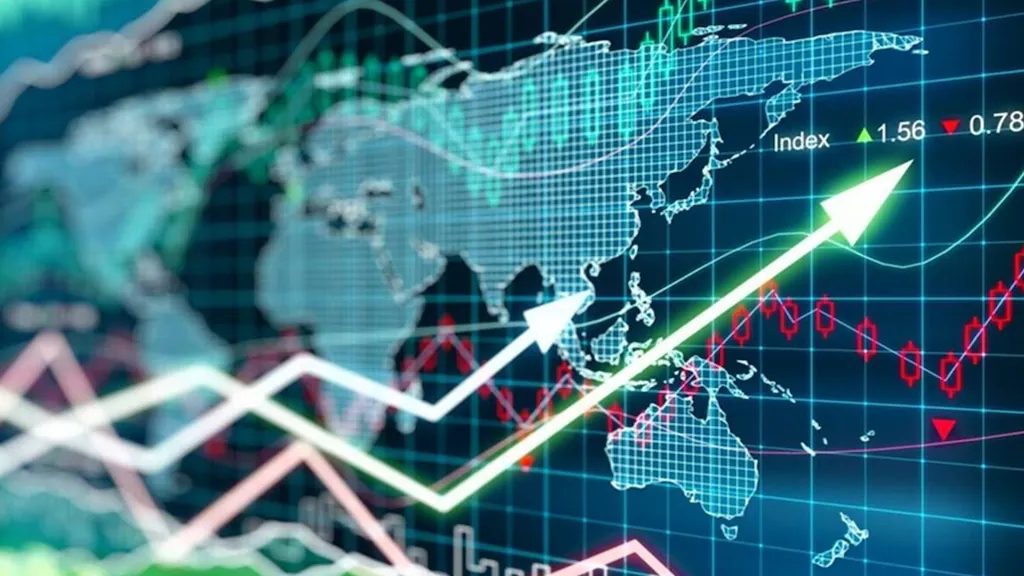Global markets play a very significant role in trading for indices because most stock indices consist of companies representative of various sectors as well as regions worldwide. When the international markets fluctuate, this fluctuation carries on to the major indices where their performance gets affected and new risks or possibilities arise for traders. It becomes very important to understand how global events affect indices trading in today’s fast-moving financial world.
Major global economic events trigger an immediate impact on indices trading. A shift in interest rates by the U.S. Federal Reserve, for instance, might have wider ripples across the markets around the world. An increase in the rate of interest in the U.S. may harden the U.S. dollar. Other markets, especially emerging economies or a country with significant trade relations with the U.S. become reactive on this issue. Indices such as the S&P 500 or the Dow Jones may be volatile in nature due to investors’ changing expectations because of these macroeconomic changes.
Geopolitical events are also very important in influencing the overall trends in the world. Issues of political instability, wars, or trade tensions among countries may cause volatility in indices. The sharp pullback in indices like the FTSE 100 or the Nikkei 225 is often seen during any period of political upheaval or surprise elections. In addition, favorable international occurrences like trade talks or resolution of conflicts in a diplomatic way can lead to an upsurge in global stock indices, which in turn can provide opportunities for trading.
On the other hand, one can also say that market sentiment can be contagious. Due to how interdependent the global markets are, any such zones may take similar positions in movement; for example, any growth caused conditions in the European markets may be replicated in the U.S. markets and as a result, related indexes in the two regions will experience growth positive movements. A global market decline, which is largely driven by negative news from an economy like that of China or the U.S., is often characterized by widespread sell-offs that cut across indices globally.
Another driver of a global market are commodity movements around the world, including oil, gold, and gas. Several stock indices are globally influenced by commodity-driven companies. Indices would be positive with high prices of oil. The opposite would happen in cases where oil prices fall. Indices are also affected by the fluctuation in prices of gold. With rising prices of gold, indices with high mining and precious metal stocks would be positive, and the opposite would be the case when its prices fall.
The currency markets are also closely related to indices trading. Companies in indices will be threatened by fluctuations in the exchange rate, especially those highly exposed to international exposure. For instance, a strong euro against the dollar can affect the revenues of companies from Europe which export to the U.S. and thus influence indices such as the Euro Stoxx 50.
Ultimately, global markets have a strong influence on the broader environment that indices trading operates within. So, traders have to be acutely aware of and understand how intricately the global economy is intertwined. Indices traders, by staying on top of global economic and geopolitical drivers, can make better-informed decisions and position themselves to capture opportunities through these international influences.







